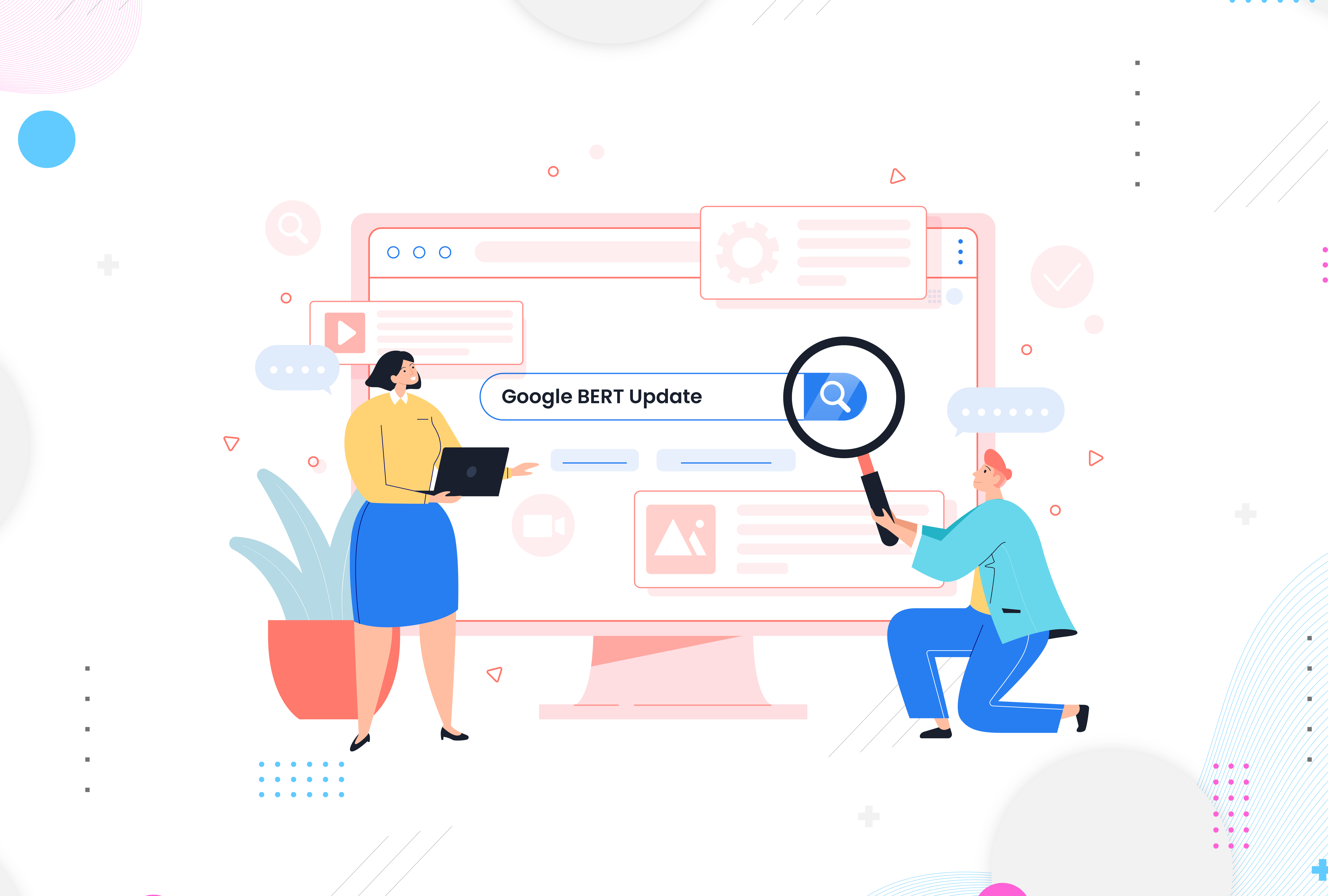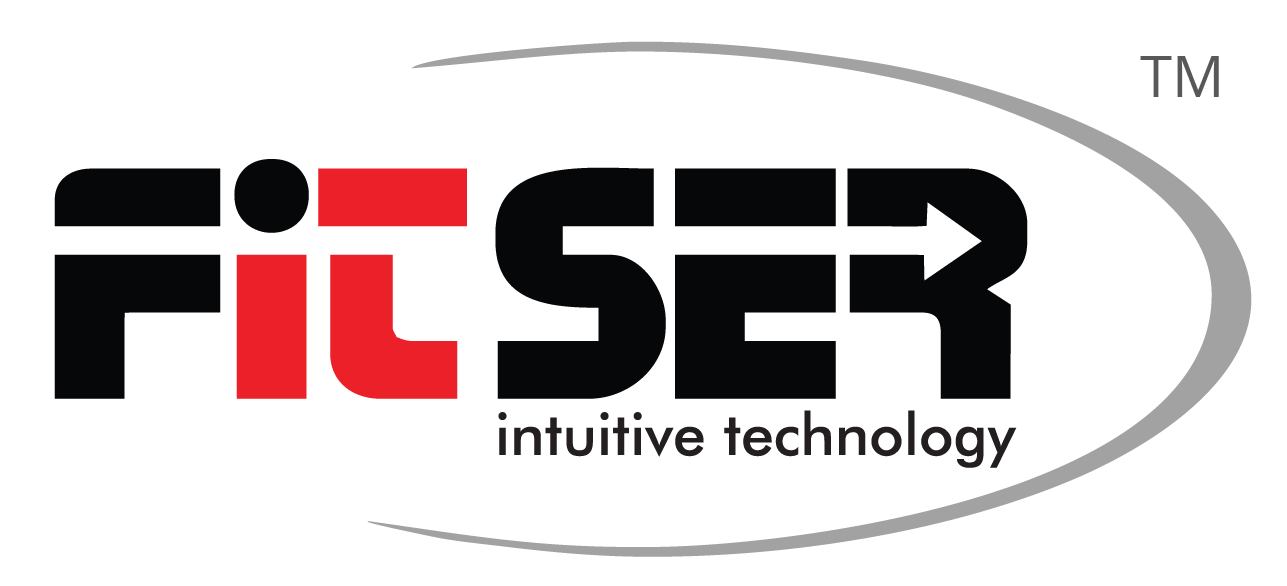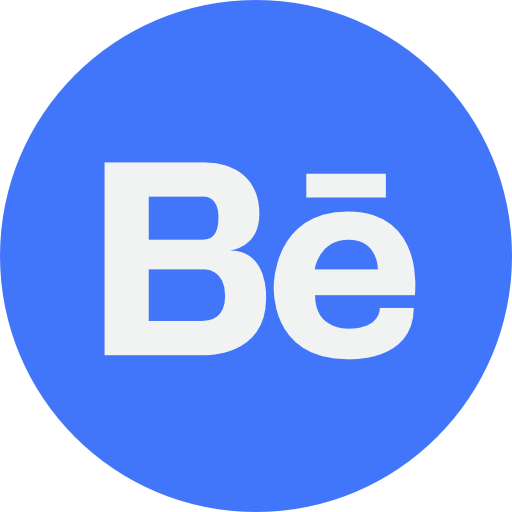- Company Profile
-

(+61) 280113465
(+91) 03340624483
(+40) 745348765
(+1) 3603693187
(+1) 4387949227
-

-

How Google’s BERT Update is Influencing Natural Language Algorithm and Impacting Your Search Queries?

In the last 15+ years that Google is being used as one of the most popular and effective search engines, one thing that has remained unchanged is the endless curiosity of people. Billions of searches happen every day, and 15% of those queries are unique and have never been seen before. This is why; a new system has been built, which allows returning results for the queries that cannot be anticipated. Incapability to learn possible return results will create issues with providing superior quality Search Engine Optimization Service. Hence, the importance of this particular area has grown and justifiably so.
When someone is searching, they are not always sure about the best way to phrase their queries. It is possible they do not know the exact terms or phrases or may misspell something because, more often than not, they are coming to learn. The chance of having any previous knowledge on the subject is low.
One has to understand that, at the basic level, the Search option is about understanding the language of the query. As an expert in search queries and search engine marketing, it is your job to find out what an individual is searching for and then help by providing helpful information from the web. Providing the information should happen notwithstanding how someone is spelling their queries or combining the words in the question. Though the language understanding capacity of the search engine has grown exponentially over the years, there are still several learning curves.
There are regular instances where the search engine cannot understand the queries, especially when they are complicated conversational queries. This is one of the significant reasons behind people using and depending on “keywords-ese.” This is a method where a bunch of words is fed into the search query, which people think the search engine will understand, though they never intended to phrase their question in that way. It is also not their natural way of asking a question.
The latest advancements made in the science of language understanding are helping to achieve significant improvement in understanding search queries better than ever before. It has been made possible because of machine learning, and it stands for the biggest development in the last 5 years when the history of search is being considered.
Application of BERT Models to Search
Some time ago, an open-sourced neural network-based technique for Natural Language Processor NLP was introduced. In the pre-training form, it is called Bidirectional Encoder Representations from Transformers or BERT. This is the technology that gives you the ability to train a personal state-of-the-art question answering system.
This breakthrough came into existence due to Google’s research on transformers. These are models which process words in relation to all the other words in a sentence instead of checking them one-by-one in the order they are being used in the sentence. Because of this, BERT models can consider the complete context of a word by assuming the words preceding and following it. This method is proving to be quite helpful in understanding the intent behind all the search queries.
In this context, you also need to understand that merely the advancements in software cannot make this understanding possible; hardware will be required too. Some model possibilities with BERT can be complex enough to push the limits of what can be done with traditional hardware. When the latest Cloud TPUs are being used to serve the search results, you are getting more relevant information and less time than before.
Cracking the Queries
If the technical details are bypassed, you have to think about what this development means for you. The answer is indicative of multiple benefits. Application of BERT models on both rankings and featured snippets in Search shows a better outcome in finding helpful information. Regarding the ranking results, BERT will help Search to better understand one in ten searches in the USA in English. More languages will be introduced over time.
For more conversational queries, especially where prepositions matter a lot to the meaning of the queries, the Search engine will understand the context of words within the query. This will help one search in a way that seems entirely natural. For launching such improvements, a lot of testing has been done because it was necessary to find out that the changes are proving helpful.
For example, the query, “2019 brazil traveler to the USA need a visa,” has a deep relation between the word “to” and the other words in the query. It is necessary for understanding the meaning of the question. The meaning of the query is finding information for a Brazilian who is traveling to the US. In a previous situation, the search engine algorithm was unable to understand the importance of this connection. Due to this, the result would have been about US citizens traveling to Brazil. With help from BERT, the Search engine can grasp the difference in the nuance and importance of the word “to” in the sentence. The results will be more relevant to the query now.
Improving Search Engines for Other Languages
BERT is being applied for making Search engines better for people worldwide. A powerful feature of these systems is that the learning can happen in one language, and the details can then be applied to other languages. A model learning improvement in English can be applied to other languages. There will be the return of more relevant results in the different languages the Search engine is offered.
At present, the BERT model is being used for improving featured snippets in more than 24 countries whether this feature is available. Significant improvements can be seen in Korean, Portuguese, and Hindi.
Search Is Not Offering a Solved Problem
Whenever you are feeding search queries to the search engine, there will be occasions where Google will be confused with a query despite using the best technologies. Even with BERT, it won’t be possible to get everything right all the time. Yes, you will be able to let go of some keyword use and search naturally, but there will still be limitations.
Language understanding is an ongoing challenge. It will keep on influencing experts working in this field to continue improving the Search engines. The system is steadily getting better at finding the meaning of the query and offering the most relevant information for every query.
close






















